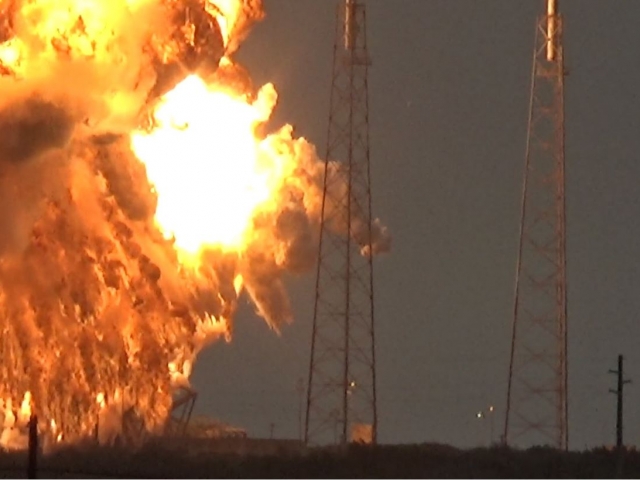
SpaceX Falcon 9 rocket explosion took place approximately at 9:07 am ET at the company's Cape Canaveral Space Launch Complex 40, during a standard testing procedure called pre-launch static fire test. The test is conducted just before the actual countdown for launching to make sure that the equipment is working properly and everything is in position. The founder of SpaceX Elon Musk called the event a "high-velocity combustion".
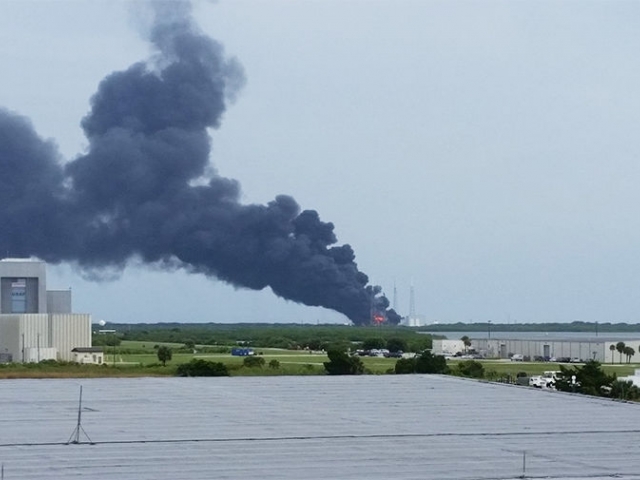
The launch of the missile was scheduled for September 3. Falcon 9 was pre-installed on the launch pad, waiting for the day X.
The explosion occurred as the rocket was being filled with propellant, says SpaceX founder Elon Musk, who adds in a tweet that the blast originated near the upper stage oxygen tank.
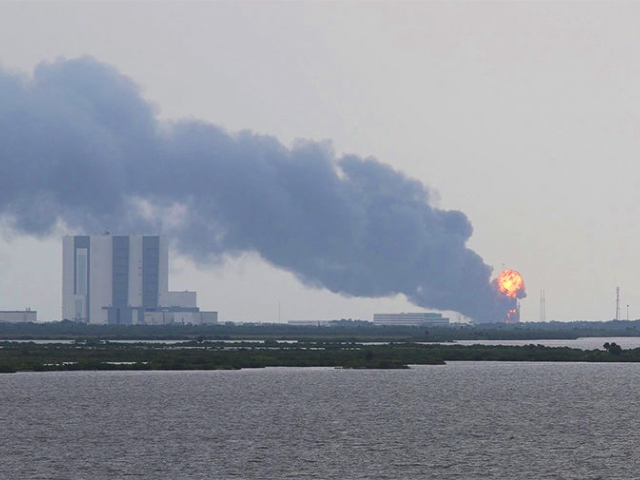
The aerospace company is investigating what caused the rocket explosion. As a preliminary statement they have clarified that “there was an anomaly on the pad” but the standard procedure, the pad was cleared and no casualties or injuries were reported.
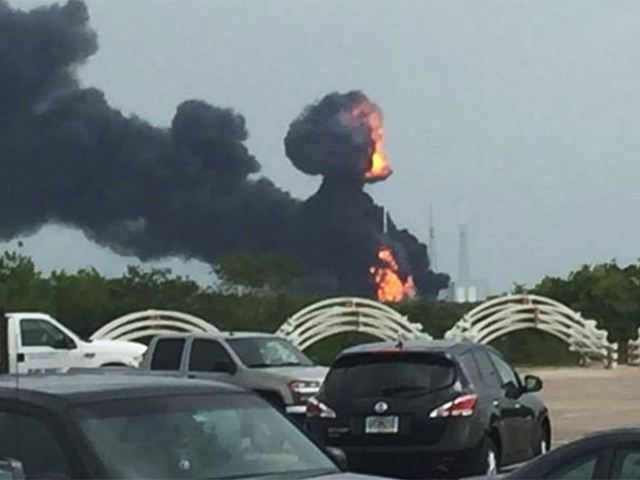
The aerospace company is investigating what caused the rocket explosion. As a preliminary statement they have clarified that “there was an anomaly on the pad” but the standard procedure, the pad was cleared and no casualties or injuries were reported.
The payload included a communications satellite meant to provide direct Internet access to large and remote swaths of sub-Saharan Africa, in a program led by Facebook that also includes Eutelsat and Spacecom, the Israeli company that made the AMOS-6 satellite.
After the loss of the rocket and its payload, Facebook founder Mark Zuckerberg posted an update from Africa to say he is "deeply disappointed to hear that SpaceX's launch failure destroyed our satellite that would have provided connectivity to so many entrepreneurs and everyone else across the continent."
Zuckerberg added that his company has other technologies in the works, "and we will keep working until everyone has the opportunities this satellite would have provided."
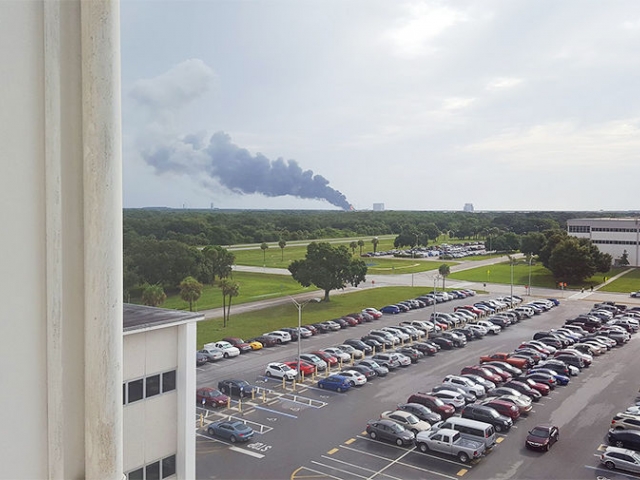
Previously the SpaceX company had already lost a rocket. A few minutes after SpaceX launched one if its self-landing Falcon 9 rockets on 28 June 2015, it exploded into a rain of debris over the Atlantic Ocean.
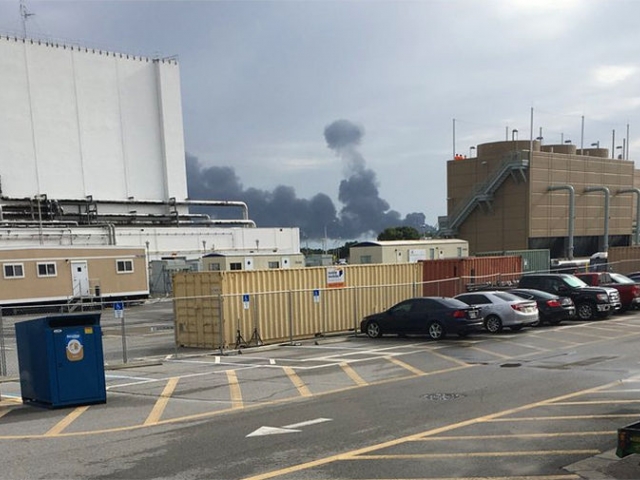
SpaceX had six more launches scheduled between now and January. They were going to launch one basically once a month, one every three and a half weeks. Experts suggest that the company will change its plans in connection with yesterday's incident.
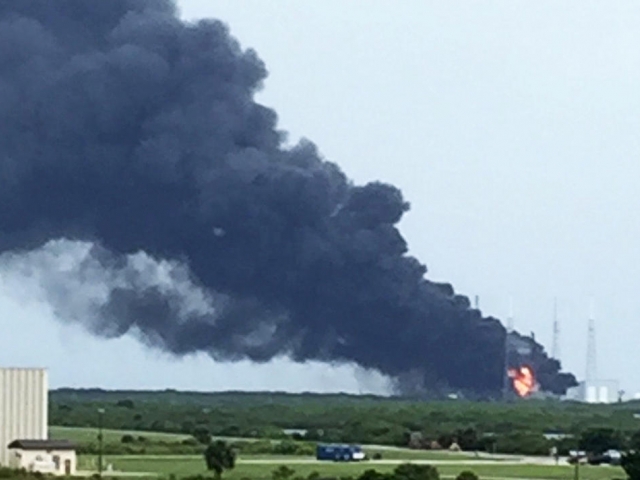
Elon Mask received letters of support from representatives of NASA and Roskosmos. Space agencies wished SpaceX to restart the launches in the near future.
 Deutsch
Deutsch 
 Русский
Русский English
English Bahasa Indonesia
Bahasa Indonesia Bahasa Malay
Bahasa Malay ไทย
ไทย Español
Español Български
Български Français
Français Tiếng Việt
Tiếng Việt 中文
中文 বাংলা
বাংলা हिन्दी
हिन्दी Čeština
Čeština Українська
Українська Română
Română
